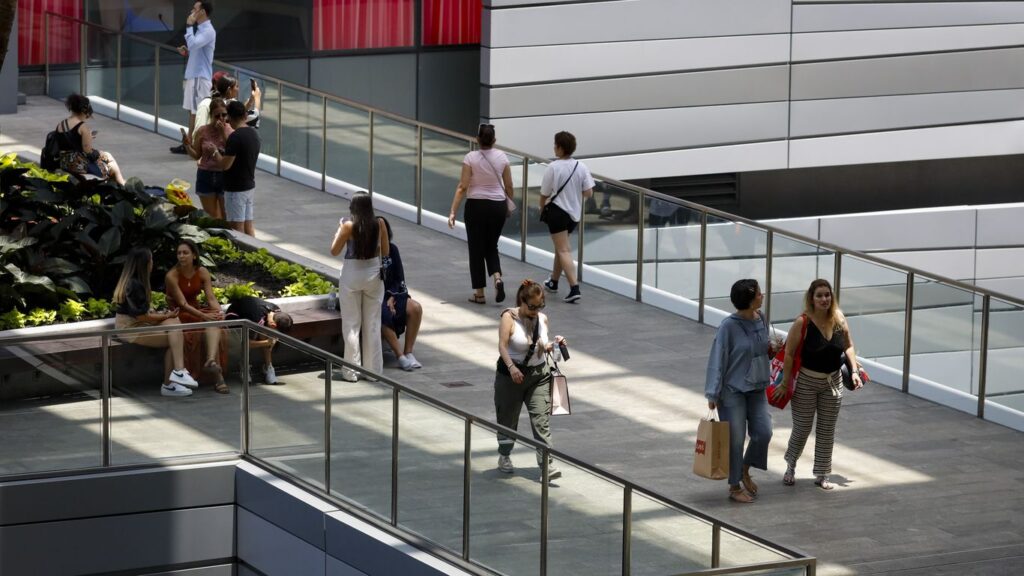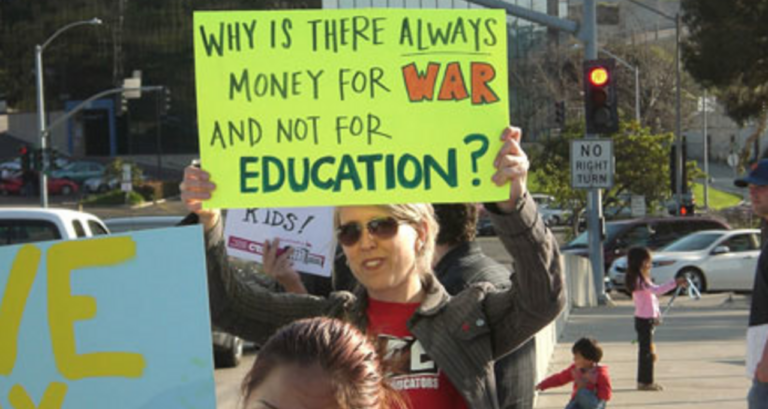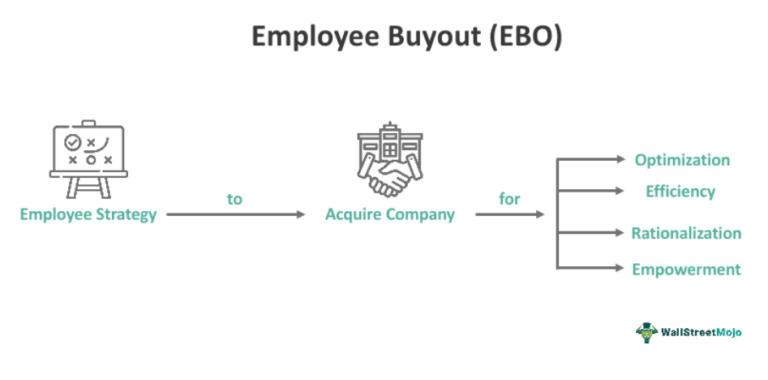
Audience
- Sentiment: neutral
- Political Group: neutral
- Age Group: 18-44
- Gender: male
Overview
- U.S. retail sales dropped by 0.9% in January following a 0.7% increase in December.
- The decline may be influenced by seasonal spending habits and inflation.
- Experts have differing opinions on whether the decline indicates a broader economic slowdown.
Understanding the Recent Drop in U.S. Retail Sales: What Does It Mean for Us?
Hey there! If you’ve been reading the news lately, you might have come across some headlines that sound a little worrying: U.S. retail sales dropped by 0.9% in January, which is a bigger drop than many experts expected. This might leave you wondering: What exactly does this mean for our economy and, more importantly, for us? Don’t worry; we’re going to break it down in a way that’s easy to understand.
What Are Retail Sales?
First off, let’s clarify what retail sales are. Retail sales measure how much money people are spending in stores, restaurants, and online. This includes everything from the clothes we buy to the food we eat. Retail sales are important because they make up about two-thirds of the overall economic activity in our country. This means that how much we’re buying directly impact businesses, jobs, and even our own lives.
When retail sales go up, it usually indicates that people are feeling confident about their jobs and the economy. They’re willing to spend money on things they want and need. But when retail sales go down, like they did in January, it might mean that people are feeling less secure about their finances.
The January Drop: What Happened?
In January, U.S. retail sales dropped by 0.9%. Now, this is significant because it follows a 0.7% increase in December. That means in just one month, we saw a pretty big shift. Some of the key areas that experienced drops were sporting goods and online sales. Even brands that we usually think of as “safe bets” were impacted. This can be surprising and leave a lot of questions, like why did this happen?
What Influenced This Decline?
Several factors could explain this decline. First and foremost, we have to look at timing and seasonality. The holiday season typically leads to a big spike in spending as people buy gifts for family and friends. Retailers often have incredible sales in December to attract customers, which means consumers might spend a lot that month and pull back in January. In short, people spend so much in December that they just need a little time to recover before shopping again.
Additionally, experts have pointed out that the sky-high auto sales in December probably pulled attention and spending away from other sectors in January. If many people made significant purchases like cars in the month before, they might not have cash or energy left to spend on other things right afterward. So, while January numbers may look alarming, it’s essential to view them within a broader context.
The Role of Inflation
Another element to consider is inflation, which has been a hot topic recently. Inflation is when prices rise, meaning that the money we have buys us less than it used to. For example, if a candy bar costs $1 this year but $1.05 next year, that’s inflation in action. Even though fuel prices went up a little in January, consumers saw other prices go up dramatically in what’s called the Consumer Price Index (CPI), rising by 0.5% in January. This means people have to be more careful with their spending.
With prices rising, people might think twice about going out to eat or buying the latest video game. If they feel like their money isn’t stretching as far as before, it’s natural for them to spend less. This cautious spending is what might be behind the drop in retail sales.
What’s Next?
So, where do we go from here? Well, economists and market experts disagree about what this all means. Some believe that the decline in retail sales could be a sign of a broader economic slowdown. Others, however, caution against overreacting as seasonal factors could play a large part in this temporary dip. It’s important to remember that economies go through cycles—sometimes they grow, and other times they slow down.
Additionally, traders in financial markets have begun speculating that the Federal Reserve might consider cutting interest rates in the coming months. In simple terms, interest rates are what banks charge for loans. If those rates go down, it could make it cheaper for people and businesses to borrow money, which might encourage them to spend more. This could help boost retail sales and the economy overall.
Why Should We Care?
You might be asking yourself, “Why does this matter to me?” Well, it matters because these economic shifts can impact your everyday life. For example, if retail sales continue to decline and the economy slows down, it could lead to job losses or less hiring. This means after-school jobs or summer internships might become more competitive.
On the flip side, if interest rates are cut and the economy rebounds, it can create more job opportunities. Either way, changes in retail sales and the economy can shape the world you live in. Your favorite stores may have sales or new products, but if they struggle to sell, those stores might close or limit their stock.
Personal Experience: My Take
Let me share a quick personal story. A few months ago, I was saving up for the latest video game console. I saw lots of sales during the holiday season, and I thought I could snag a great deal. However, once January came around, I noticed my favorite gaming store had been a little emptier than usual, and I wondered if it was connected to the overall retail sales drop.
Were fewer people buying consoles because of prices going up, or were they just not spending as much? Eventually, I figured out that stores may need to cut prices to attract customers again. This means it was a good time for me to keep my eye out for deals. While retail sales impacts many factors regardless of what we choose to purchase, they might affect our lives more than we realize.
Conclusion
In conclusion, while the drop in retail sales might sound alarming at first, it’s essential to remember that it’s just one piece of a much larger economic puzzle. It reflects many factors, including seasonal spending habits and the ongoing challenge of inflation. As we keep an eye on market trends and how they affect our daily lives, we can better understand how to navigate these changes.
Have you noticed any price changes or shifts in your spending because of the economy? What are your thoughts on the latest retail sales drop? I’d love to hear your ideas and experiences in the comments below!





